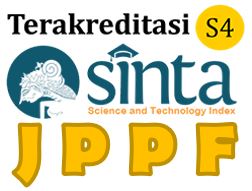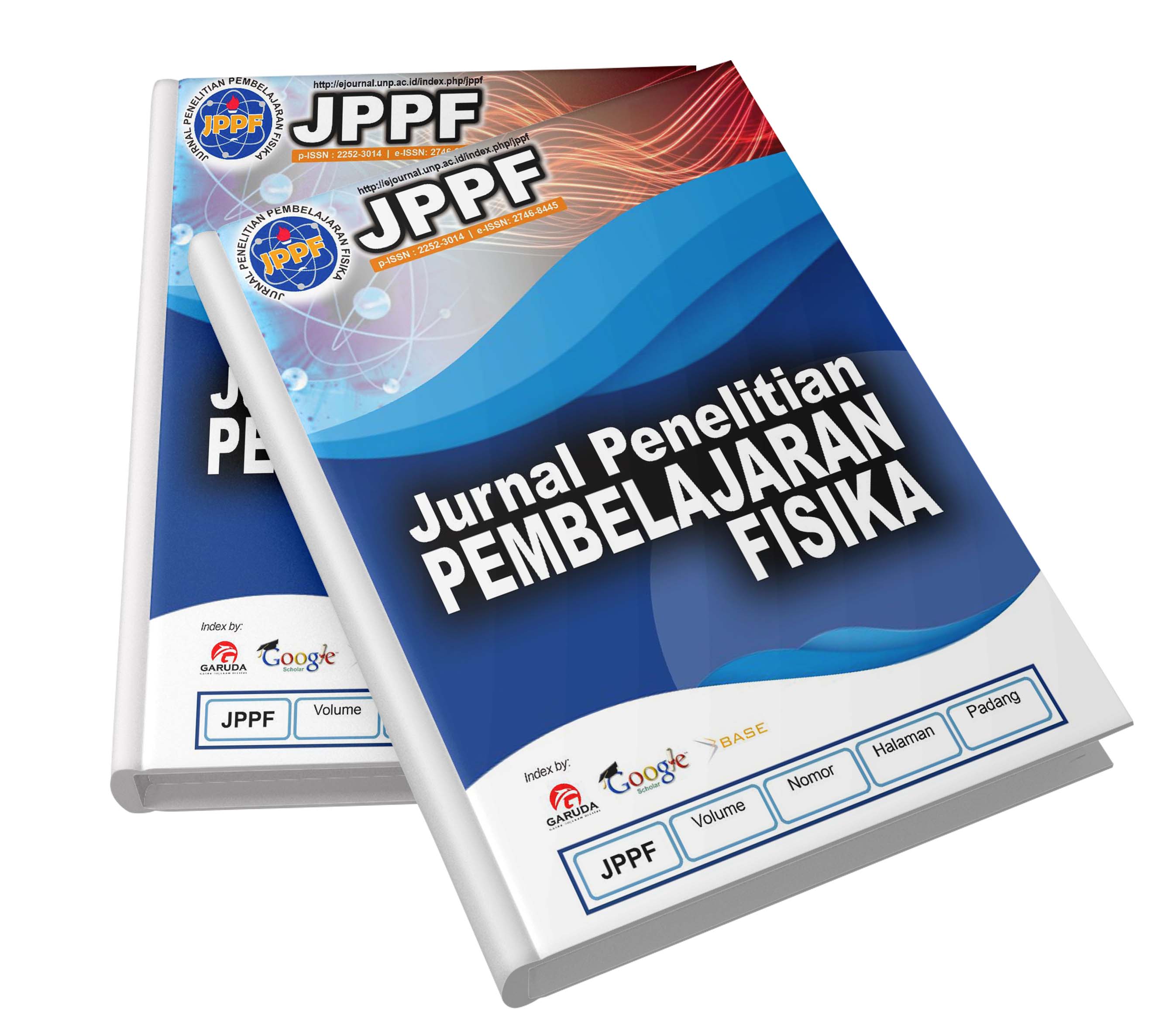Abstract
Education is one of the main drivers of national development. The future of Indonesia will be determined by the generation of it is people with character and quality. Improving the quality of education can be realized if students and teachers a like try to improve competence and skills to be able to compete in the 21st century. Physics learning requires learners to develop 21st century skills. Practical books are guides that can help students in physics experiment. One learning model that fits the demands of the 21st century is Discovery Learning. Through this model, students can find their own concepts so that the understanding that is obtained lasts long in their memories, also students are easier to understand existing concepts. Physics learning requires students to do more experiments and research. The reality that is found, there is still a lack of physics practical books, so physics is only theoretically studied. Students have not found a real concept. Experiment equipment is not available optimally. This study aims to survey the analysis of the need for teaching materials in the form of books in schools that are needed in physics experiment. This type of research is descriptive analysis, data taken in this study were obtained from interviews with educators and students and direct observation. The research instrument consisted of questionnaire and observation sheet. The results of this study prove that it is necessary to develop teaching materials in the form of practical books based on discovery learning models assisted by Science KIT Lab as implementation of Indonesia’s future education




